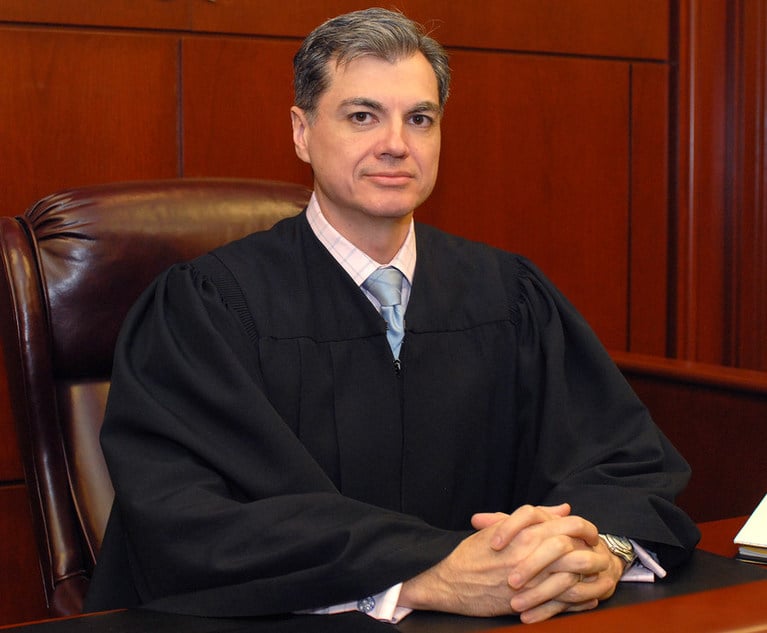Enforcement actions brought by the U.S. Securities and Exchange Commission are governed by a five-year statute of limitations on civil monetary penalties. As a practical matter, the SEC has been able to enlarge the period it has to bring enforcement actions by, among other things, seeking equitable relief. Courts have generally held such equitable relief not to be subject to the five-year limitations period. In recent years, however, courts have come to view the de facto enlargement of the limitations period for SEC actions critically, and that development has begun to influence the course, and outcome, of some prolonged, complex SEC investigations.
In 2013, in Gabelli v. SEC, the Supreme Court unanimously held that the five‑year limitations period under 28 U.S.C. §2462 for enforcement proceedings seeking “fine[s], penalt[ies], or forfeiture” begins to run “when a defendant’s allegedly fraudulent conduct occurs”—not, as the SEC argued, when the conduct is “discovered.” 568 U.S. 442, 447‑48 (2013). Last year, in Kokesh v. SEC, the Supreme Court again unanimously held that §2462’s five‑year statute of limitations applies to SEC requests for “disgorgement”—a remedy the SEC has sought under federal courts’ inherent equitable powers, which seeks to force a defendant to turn over, or disgorge, the proceeds of unlawful activity. The Supreme Court held that “SEC disgorgement constitutes a penalty,” and is subject to the five-year statute of limitations for civil penalties, thus rejecting the SEC’s position that disgorgement was a purely equitable remedy not subject to a limitations period. 137 S. Ct. 1635, 1642 (2017).


 Elkan Abramowitz and Jonathan Sack
Elkan Abramowitz and Jonathan Sack




